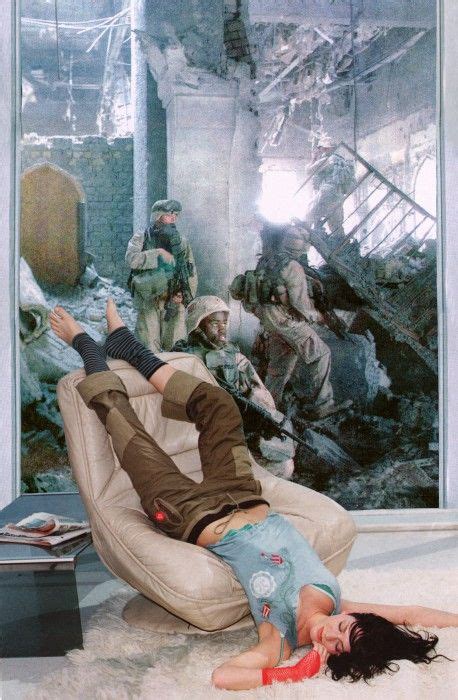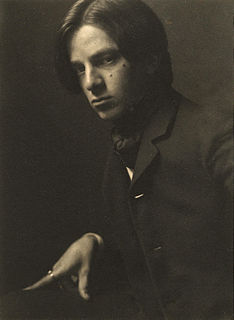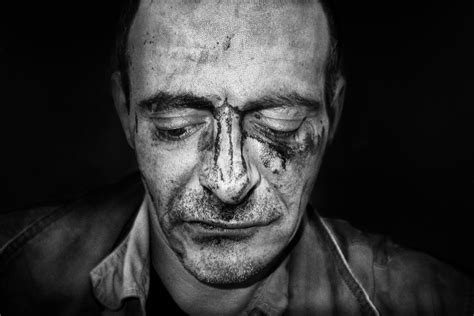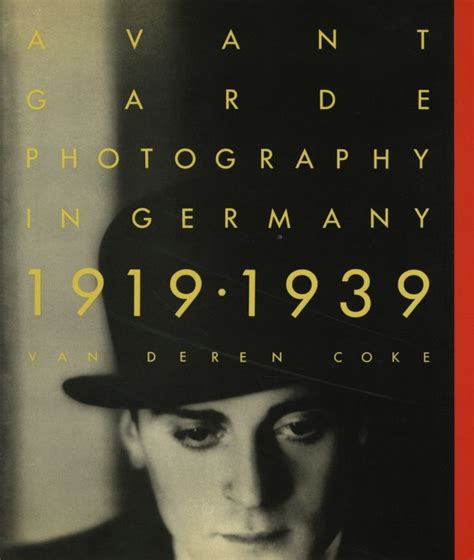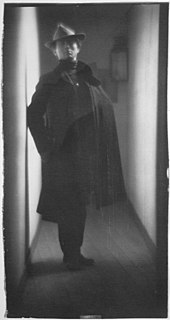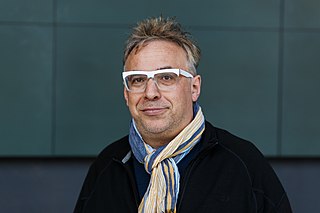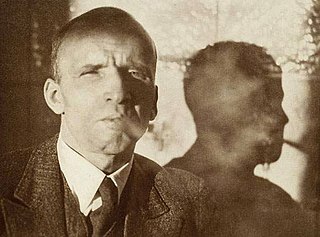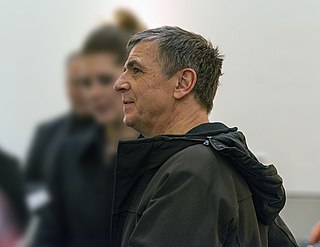A Quote by Martha Rosler
Any familiarity with photographic history shows that manipulation is integral to photography.
Quote Topics
Related Quotes
To know whether photography is or is not an art matters little. What is important is to distinguish between good and bad photography. By good is meant that photography which accepts all the limitations inherent in photographic technique and takes advantage of the possibilities and characteristics the medium offers. By bad photography is mean that which is done, one may say, with a kind of inferiority complex, with no appreciation of what photography itself offers: but on the contrary, recurring to all sorts of imitations.
And one has to remember that no photography can pretend to show the truth. A picture only shows a given situation under a very specific perspective, consciously or not, openly or not, relevantly or not. Photographers have to accept they can just convey fragments of illusory realities and relate their own intimate experience of the world. In this process of fictionalising an unreachable truth, it's up to them to impose their doubts about any photographic truth, or accept being impotent pawns in the mediatic game.
I'm almost violent about that stuff - electronic manipulation of pictures. I think it's an abomination. I reject it all. I mean, it's OK for selling corn flakes or automobiles or for taking pimples out of Elizabeth Taylor's face, but it undermines the thing that photography is about, which is about observation and not about manipulation of images.
